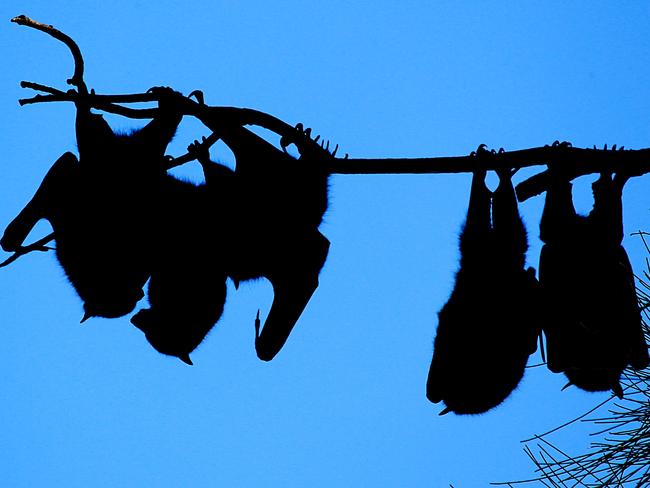Flying fox strategy unlocks cash subsidies for Central Coast residents
Cash subsidies could be open to coast residents, following the adoption of a flying fox strategy.
- Frank Baxter Juvenile Justice Centre: former worker speaks out
- Pretty Beach residents fight family’s dream home application for High View Rd
Residents under siege from local flying fox colonies could now be eligible to apply for funding to “batproof” their lives.
Central Coast Council passed its Flying Fox Management Strategy on Monday night, which outlines management strategies for each of the coast’s flying fox camps, and unlocks access to state and federal government funding for locals.
Residents close to the coast’s four major flying fox camps at Watanobbi, Everglades at Woy Woy, Wingello Creek at Wyoming, and North Avoca, could potentially access financial subsidies to create “buffers” from the bat population.
The level and type of subsidy would need to be agreed to by the entity responsible for managing the flying-fox camp.
Residents would be able to get assistance from the government to install infrastructure in order to create visual, sound or smell barriers, along with installing double-glazed windows.
They could also be eligible to claim for measures such as car and pool covers, cleaning services, and moving outdoor eating areas.

Forcibly moving camps on, a strategy recently supported at Hunters Hill Council, will not be supported by council.
Mayor Jane Smith said council acknowledged the potential for conflict between Central Coast residents and bats.
“Flying foxes are a vital to the health and biodiversity of our bushlands and their survival is crucial to the long-term persistence of eucalypt forests, rainforests, woodlands and wetlands,” she said.
“This strategy will help us manage any potential changes to camps in the coming years.”


